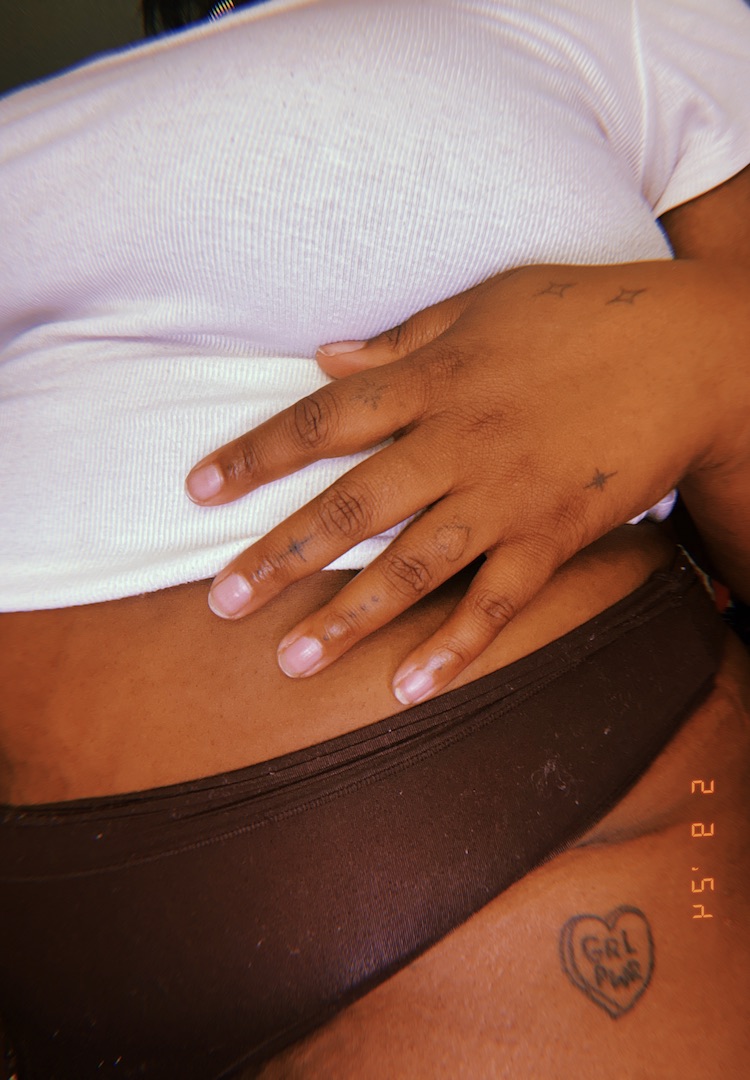Why we need to talk more about fertility in our twenties
WORDS BY JASMINE SHEPARD
Knowledge is power when it comes to fertility.
Travel the world. Move into a sharehouse. Secure that promotion. Rise to the top of your chosen field. If you are a career-driven twenty-something like me, thoughts about fertility are lightyears away.
As the concept of having a child any time soon is so foreign to me, fertility concerns are something I have personally firmly parked in the over 30 basket. Yet everything I am currently doing, from the medicines I am taking through to the lifestyle I am living, impacts the future of my fertility.
Interested in women’s health? Find more in our Life vertical.
After a lukewarm attempt to engage in a conversation with my rheumatologist about the future impacts of the concoction of medicines I take on my fertility, I felt deflated. While he answered my questions to a medical standard, my concerns were waved away as a future concern.
Why is fertility so difficult for young women to discuss with our health professionals (and with each other) when our current lifestyles are affecting our fertility?
Eager to understand how we can shift the conversation around fertility, I spoke with a fertility expert with over 30 years of experience in the field, obstetrician and gynaecologist Dr Marcia Bonazzi. Dr Marcia has seen young women become “more empowered” throughout her career but she still believes that in some areas of healthcare, fertility is not “brought to the table”.
Concerns around bringing up fertility issues
In the medical context, Dr Marcia emphasises the need to always be transparent with her patients and discuss all the possibilities and side effects.
“We have to tell them. We say ‘Look, the most important [thing] is for you to be healthy’. Even with the medication we are going to give, it is all about lifestyle and what they eat and how they exercise, because it may interfere with your fertility in the future.”
This conversation can be difficult when the women are younger, as there is a medical concern that overloading them with information will scare them out of taking the medication. “If they are young, just 17 to 22… I think they have lost… the concept of thinking of fertility and the possibility of having a baby,” explains Dr Marcia.
“I tell the girls, ‘You are a very young lady and I want you to have babies and to preserve your fertility’. Even if it is sensitive, I put it on the table. Not on the first visit, maybe on the second, [when] they are more familiar with me, and I know I am not going to scare them and make them give up on treating [the illness]. That is important. I think it is always about the trust between the doctor and the patient.”
While Dr Marcia’s forthcoming approach is a positive step toward transparency around fertility, she explains this is partly connected to her speciality. “I am a women’s health doctor, so [fertility] usually will come into the conversation. I am very open with the girls because you have to be. I think most gynaecologists will be because it is part of the protocol. I don’t think [other specialists] try so much.”
Dr Marcia urges the need for more conversations in other specialities to consider encouraging and normalising discussions about fertility. She also attributes historical ignorance about fertility issues to the patriarchal nature of the medical profession.
“In the past, [the medical profession] was mostly men. Now we are fifty-fifty, or even a majority of girls. This helps, and I think the girls are more open to ask[ing] us [about fertility].”
Framing the conversation
So fertility should always be discussed, but how do we take the next step and formulate the conversation around it? Honesty is the key when it comes to speaking about fertility with her endometriosis patients, stresses Dr Marcia.
“We need to tell them, ‘Many women do the surgery’. [But] we can’t keep having so many surgeries, because the scarring may affect [fertility] in the future’. We do tell them very clearly, ‘We need to treat this, but there is a catch-22. We are going to treat the pain… [and] make sure we preserve your fertility’.”
As has been well documented, the motivation of most women freezing their eggs through IVF is age. “So we have women now coming to 37 and saying, ‘Hang on a minute, I want to have a baby’. And of course, until you are 30, every time you have sex the chance you fall pregnant is probably 80 to 90 per cent, the day you turn 35 is [a] 50 per cent [chance]. When you are 40, it is 20 per cent.”
Dr Marcia highlights the need for conversations around fertility with young women to be posed in a way that is not perceived as sexist, as many young people are still unaware of when their fertility will begin to decline.
“So now, we are bringing [fertility] to the table [earlier], because it was a very sensitive thing to say because… it looks like we are not feminists,” she tells me. “Definitely we need to empower [young women] and we need to make sure as professionals we put [fertility] on the table and tell them.”
We need to be free to talk about fertility openly, with both our healthcare professionals and with each other. With individuals like Dr Marcia championing discussions around fertility, we, as young women, can become more informed and aware of our choices.
Dr Marcia stresses that we need to “educate each other”. We must empower each other through support and conversations, and break the taboo for future generations.
This article was originally published on October 10, 2022.
For more information about female fertility, head here.













